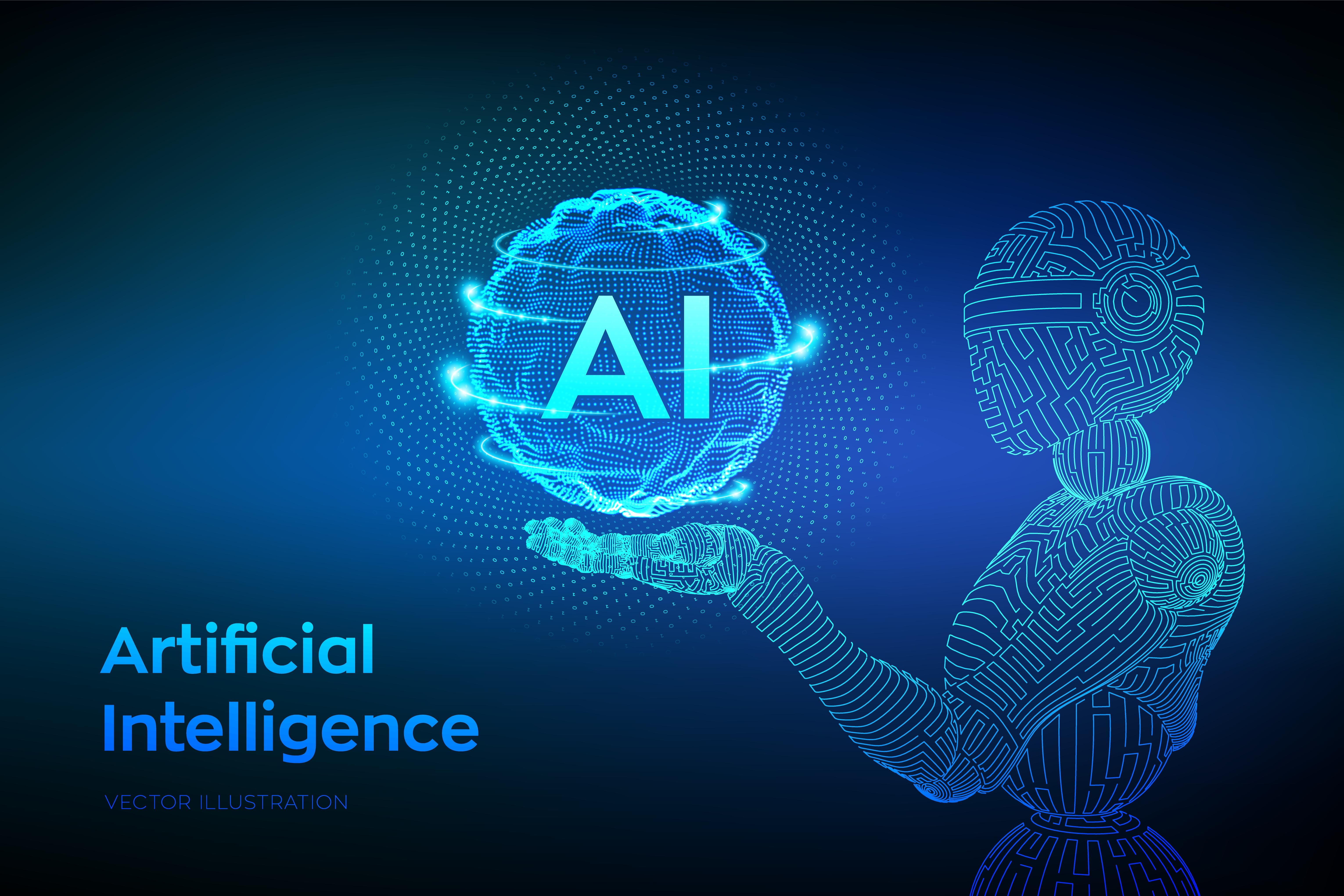How the AI Healthcare Industry Is Transforming Patient Care

Artificial intelligence is no longer just a futuristic concept—it’s already reshaping medicine. The growing use of AI in healthcare is redefining how doctors, hospitals, and patients interact, making treatment more personalized, efficient, and accessible than ever before. From predictive diagnostics to automated workflows, the healthcare sector is in the middle of a massive transformation that’s improving outcomes for patients in the USA and around the world.
Why AI Is a Game-Changer for Modern Healthcare
The healthcare system faces constant pressure: rising costs, staff shortages, and the need for faster, more accurate diagnoses. AI offers solutions to these challenges. By analyzing vast amounts of medical data in real time, algorithms can:
-
Detect diseases earlier than traditional methods
-
Support doctors in decision-making
-
Automate routine administrative tasks
-
Enhance patient monitoring and follow-up care
This technology doesn’t replace physicians—it empowers them. Doctors can spend more time on patient care instead of paperwork, and patients benefit from quicker, data-backed insights.
Key Areas Where AI Is Improving Patient Care
1. Early Disease Detection
AI systems excel at identifying subtle patterns in imaging scans, lab results, and genetic data that might escape human eyes. For instance:
-
Radiology: AI tools can flag early signs of cancer in X-rays or MRIs, helping radiologists detect tumors sooner.
-
Cardiology: Predictive models identify heart disease risks based on lifestyle, genetics, and health history.
This means patients can start treatment earlier, improving survival rates and quality of life.
2. Personalized Treatment Plans
Medicine is no longer one-size-fits-all. AI tailors treatment based on each patient’s biology and lifestyle:
-
Precision medicine uses AI to analyze genetic data, predicting how individuals will respond to specific drugs.
-
Chronic disease management systems adjust recommendations dynamically, such as optimizing insulin dosages for diabetics.
This shift toward personalization leads to better adherence, fewer side effects, and stronger patient engagement.
3. Virtual Health Assistants
AI-powered chatbots and digital health assistants provide round-the-clock support. They:
-
Answer common medical questions
-
Remind patients to take medications
-
Help schedule follow-ups
This improves access to healthcare, especially for rural communities or those with limited mobility.
4. Streamlining Hospital Operations
Administrative burdens weigh heavily on healthcare providers. AI reduces inefficiencies by:
-
Automating patient intake forms
-
Managing medical records
-
Optimizing staff schedules
As a result, hospitals cut costs while improving patient flow and reducing wait times.
The Role of Healthcare Innovation in AI Adoption
The growth of the AI Healthcare Industry depends heavily on continuous healthcare innovation. Startups, research institutions, and established medical organizations are investing in:
-
Cloud-based AI platforms for scalable analysis
-
Wearable devices that collect and transmit health data in real time
-
Telemedicine platforms with built-in AI triage tools
By fostering innovation, the healthcare system can expand access to life-saving tools and treatments.
Overcoming Challenges in AI Integration
While the benefits are significant, AI adoption in healthcare faces challenges:
Data Privacy and Security
Patient data must be protected under strict regulations like HIPAA. Healthcare providers need secure systems to prevent breaches and maintain trust.
Ethical Considerations
AI recommendations must remain transparent. Patients and providers need to understand how decisions are made to ensure fairness and accountability.
Workforce Training
Doctors and nurses require training to interpret AI results effectively. Without this, valuable insights could be overlooked.
Global Impact and the USA’s Leadership
Countries worldwide are exploring AI applications in healthcare, but the USA is at the forefront of clinical trials, research, and large-scale deployment. Major hospitals are already using AI systems to reduce diagnostic errors and manage patient populations more effectively. This leadership not only benefits American patients but also shapes global best practices.
Future Outlook: What’s Next for AI in Healthcare?
Looking ahead, the integration of AI will only deepen. Expect to see:
-
Smarter wearable devices that track vital signs and send alerts in real time
-
Expanded use of AI in mental health support, offering personalized therapy recommendations
-
Greater collaboration between tech companies and healthcare providers to create unified platforms
As the technology matures, patients will enjoy faster, safer, and more effective care, making healthcare more proactive rather than reactive.
Final Thoughts
The AI Healthcare Industry is transforming the way doctors and patients connect, diagnose, and treat medical conditions. Through continuous healthcare innovation, AI is turning data into actionable insights, improving patient outcomes while reducing strain on healthcare providers. As AI in healthcare continues to advance, it promises a future where medicine is more personalized, efficient, and accessible to everyone.
Now is the time for hospitals, clinics, and medical professionals to embrace this shift. If your organization wants to lead in patient-centered care, explore AI-driven solutions today and stay ahead in a rapidly changing industry.
Ready to bring the future of healthcare to your organization? Contact us to learn how AI-powered solutions can transform patient care for your patients.
- Vibnix Blog
- Politics
- News
- Liberia News
- Entertainment
- Technology
- EĞİTİM BİLGİLERİ
- Art
- Causes
- Crafts
- Dance
- Drinks
- Film
- Fitness
- Food
- Oyunlar
- Gardening
- Health
- Home
- Literature
- Music
- Networking
- Other
- Party
- Religion
- Shopping
- Sports
- Theater
- Wellness


